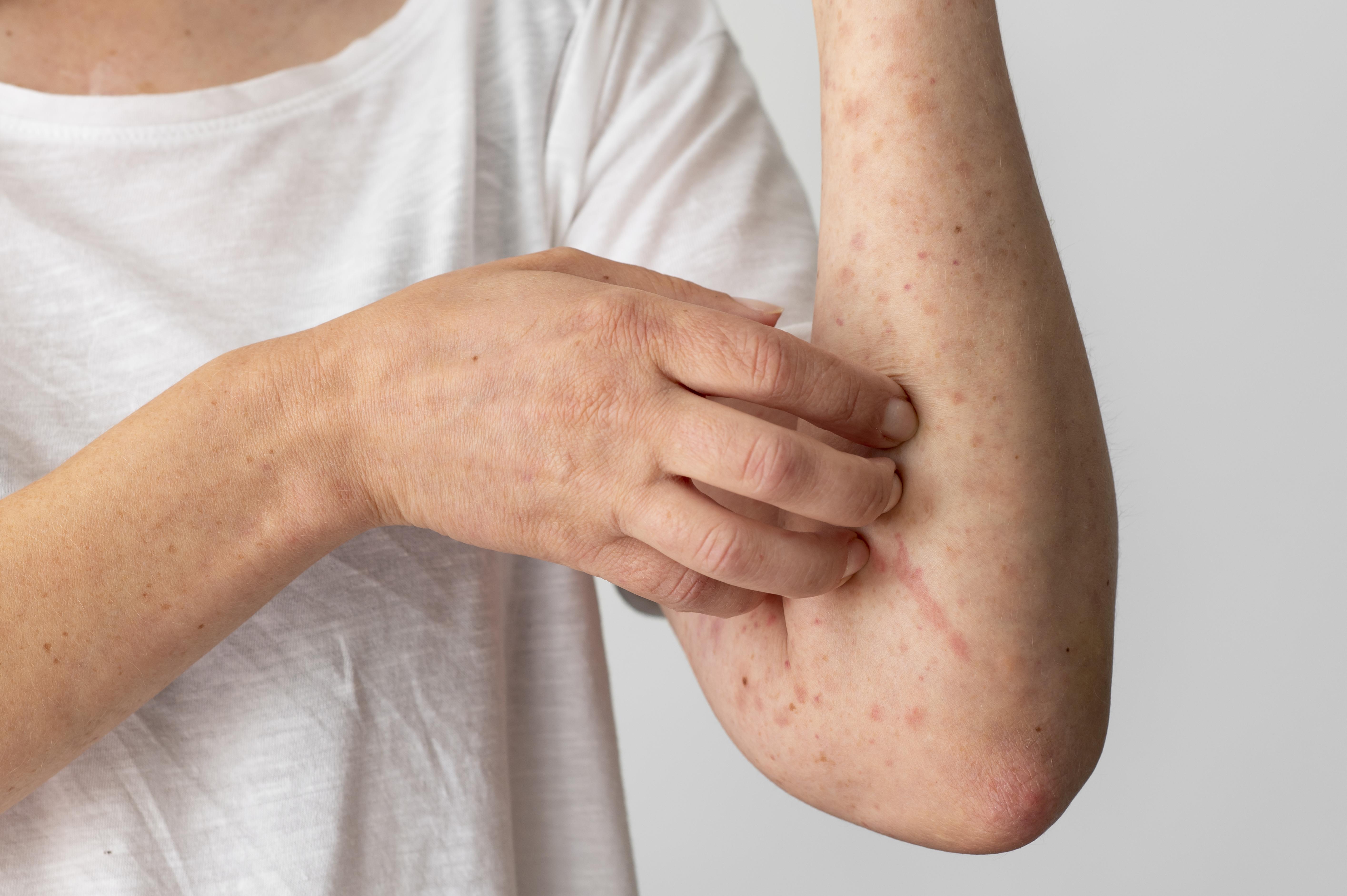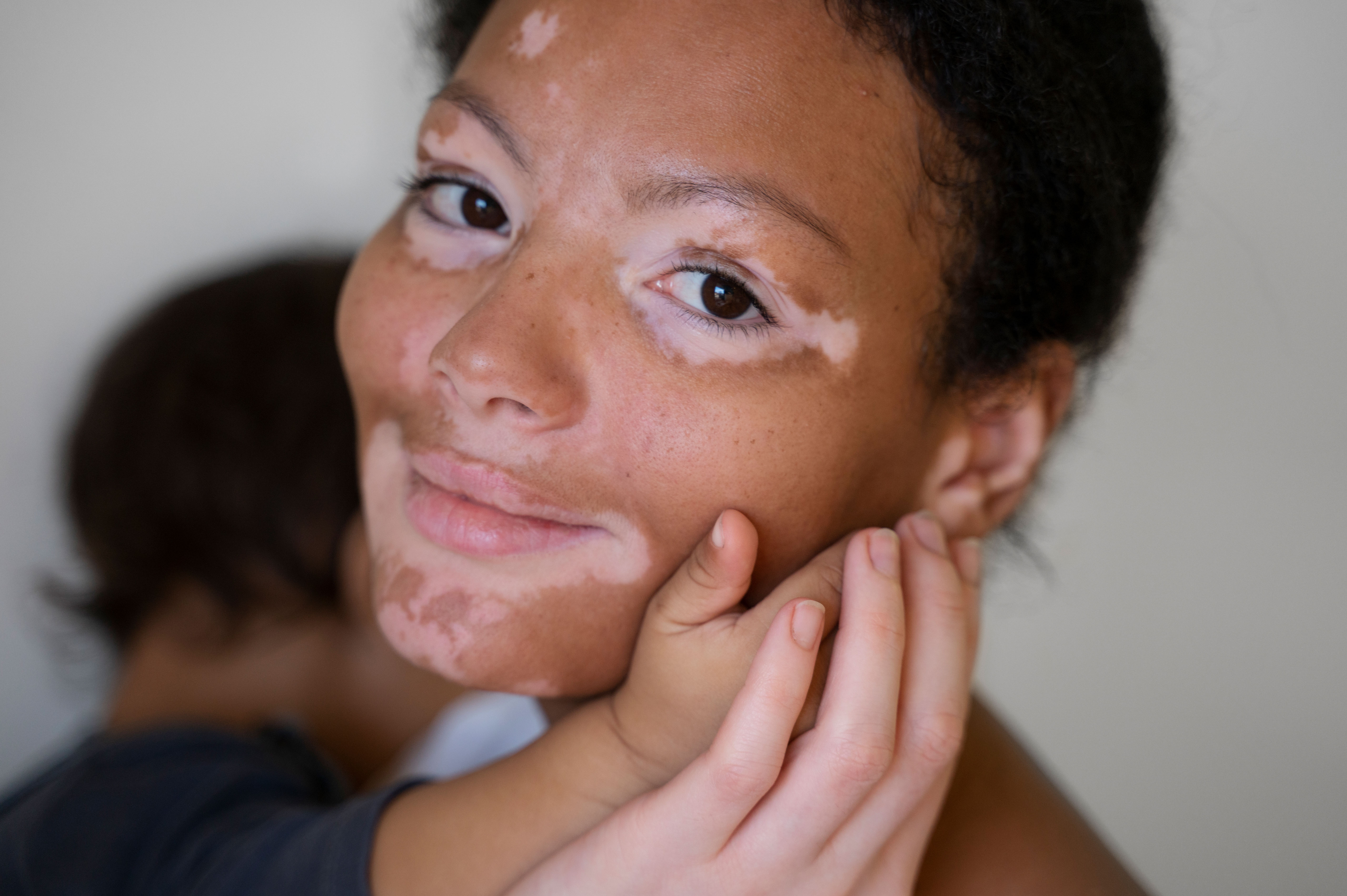
Dermatology
Advanced Dermatology Care in chandigarh
As the name suggests, dermatology derives its etymology from the word “ derma” meaning skin. And therefore it is a vast field that covers diseases of the skin, nails, hairs. Diagnosis and treatment of diseases of the skin, scalp, hair and nails is the primary objective of the best dermatologists in Mohali offering tertiary level care in the capital.
Most of the treatments for the above listed complications require either surgical or non-surgical intervention coupled with oral treatments, creams, lotions and a balanced diet that compensates for the lack of essential vitamins and nutrients required for the healthy functioning of all important organs and glands in the body. Quite often it has been seen that improper sleep schedules, irregular food habits create toxicity and obesity in the body. Toxicity in blood deposits on the layers of the skin and obesity reduces the anti-inflammatory properties of the body which makes it more prone to rashes, eczema. Deficiency of essential vitamins needs to be compensated by omega 3 fatty acid available in soft gel capsules. There are medications like doxecip hydrochloride that treat scaly skin arising from depression.
Our Aim Is not to treat a celebrity But to make common man a Celebrity
Our Treatments
Dermatology involves the study, research, diagnosis, and management of any health conditions that may affect the skin, fat hair, nails, and membranes.

Skin Allergies
Skin allergies can vary widely in their presentation and severity, so treatments can range from simple avoidance of triggers to more complex medical interventions. Here are some common treatments used in dermatology for managing skin allergies:
Hair Fall
Hair loss is a common problem faced by both men and women. It can be caused by a variety of factors such as genetics, hormonal changes, stress, medication, and nutritional deficiencies. Hair loss can be distressing and can have a significant impact on self-esteem and confidence. Fortunately, there are several hair loss treatment options available to help promote hair growth and prevent further hair loss.


Genital infections
Genital infections refer to infections that affect the genital area, including the external genitalia (such as the penis, scrotum, vulva, and labia) and the internal reproductive organs (such as the vagina, cervix, uterus, fallopian tubes, and ovaries).
Vitiligo/ white patch
Vitiligo is a long-term skin condition characterized by patches of the skin losing their pigment, resulting in white or light-colored patches. These patches can occur anywhere on the body and can vary in size and shape. Vitiligo occurs when melanocytes, the cells responsible for producing melanin (the pigment that gives skin its color), are destroyed or become dysfunctional. As a result, affected areas lack melanin and appear lighter than the surrounding skin.

